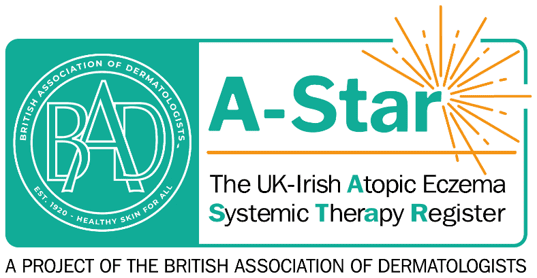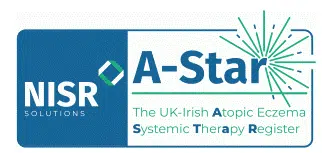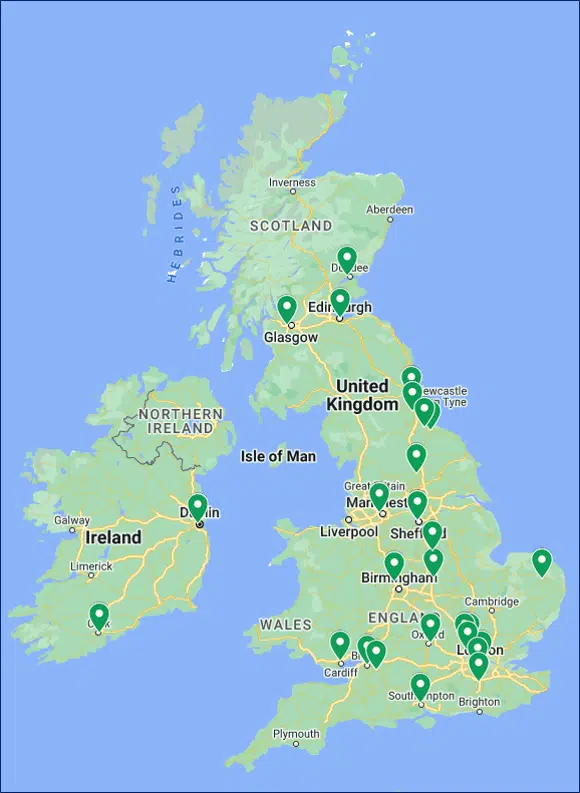A-STAR – innovative research aiming to keep patients safe

The main aim of A-STAR is to measure the safety and effectiveness of existing and new systemic treatments for atopic eczema. Systemic treatments include conventional immunosuppressant drugs such as azathioprine, ciclosporin and methotrexate, as well as biologics and JAK-inhibitors. Any patient who is started on or switching to one of these treatments is eligible to be enrolled in the study, provided they are seeing a dermatologist in one of the participating centres. Doctors at these centres are encouraged to approach eligible patients to take part in the study.

A-STAR stands for The UK-Irish Atopic Eczema Systemic Therapy Register. This observational research study is assessing how well patients (adults and children) with more severe atopic eczema respond to systemic treatments. National Eczema Society is a member of the A-STAR Study Steering Group and attends regular meetings as a patient group representative.
A-STAR records at regular intervals the disease severity, impact on people’s quality of life, and safety profiles of the different systemic treatments used in NHS clinical practice. This data is especially useful when people are taking these treatments for longer periods of time. It is hoped this information will help doctors treat people with atopic eczema more effectively in the future.
Another aim of the study is to look at the ‘real life’ cost of treating eczema, examining how much these treatments cost, compared to how well they work.
Study sites and recruitment activity so far

The A-STAR UK study was formally opened for recruitment in the summer of 2018. Since then, it has enrolled patients from 25 locations across England, Wales and Scotland.
A-STAR Ireland, led by Professor Alan Irvine (based in Dublin), is now also up and running! The first participants from A-STAR Ireland were enrolled at St James’s Hospital Dublin, and South Infirmary – Victoria University Hospital Cork, in 2022.
There are many more sites that are due to open over the next few months across both the UK and Ireland. To date (May 2023) over 550 patients have been recruited, both adults and children. To find out more about involvement see Participants – A-STAR (astar-register.org).
A-STAR bio – moving towards personalised medicine
There is increasing recognition that atopic eczema is a highly complex condition with multiple causes and pathways. As well as the observational data collection, A-STAR also has an embedded Bioresource that is being set up at a limited number of existing centres. Participants have the option of giving blood and other tissue samples. A-STAR analyses DNA through these samples to understand why participants are more likely to suffer from eczema and why they respond better or worse to a specific treatment. This should lead to a more personalised approach in treating atopic eczema in the future.
For more information about A-STAR, please do visit the A-STAR website.
